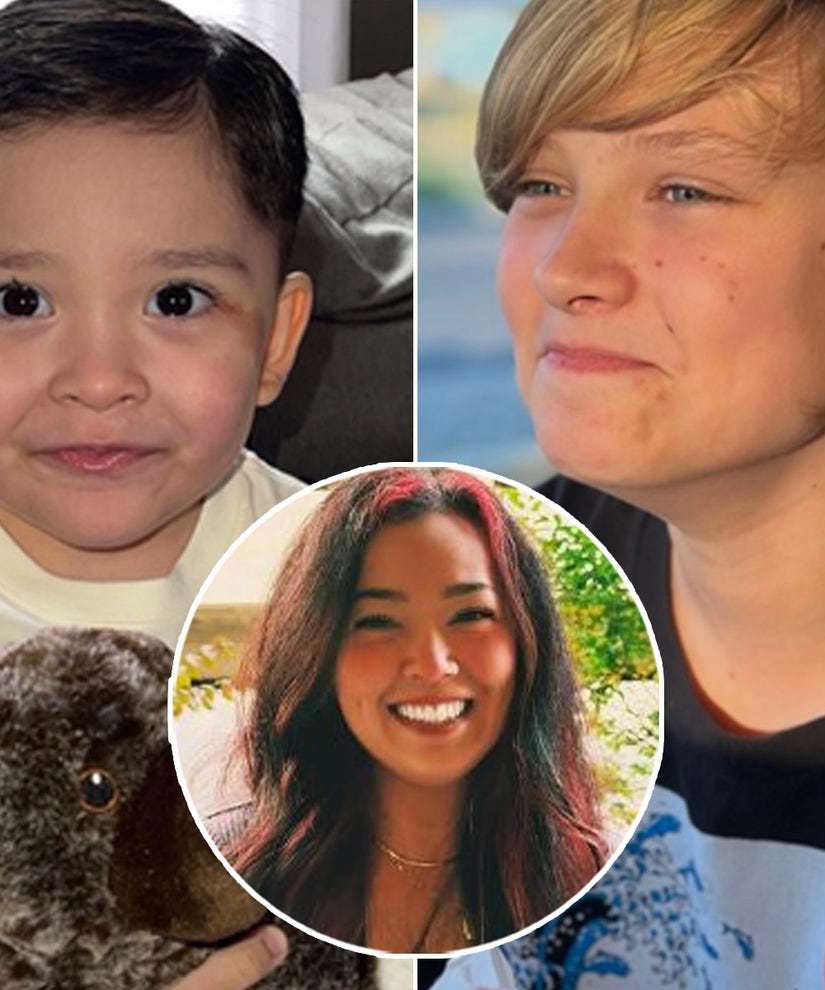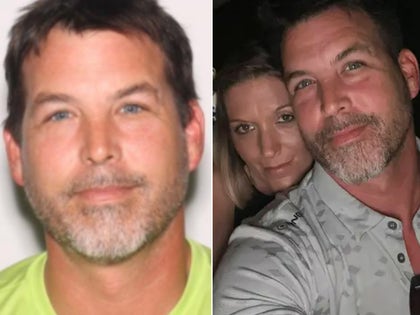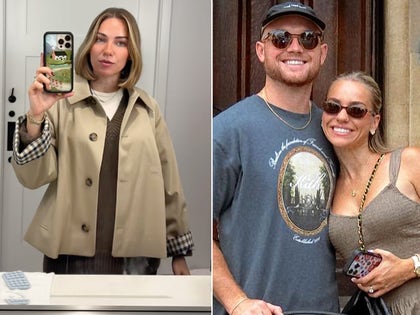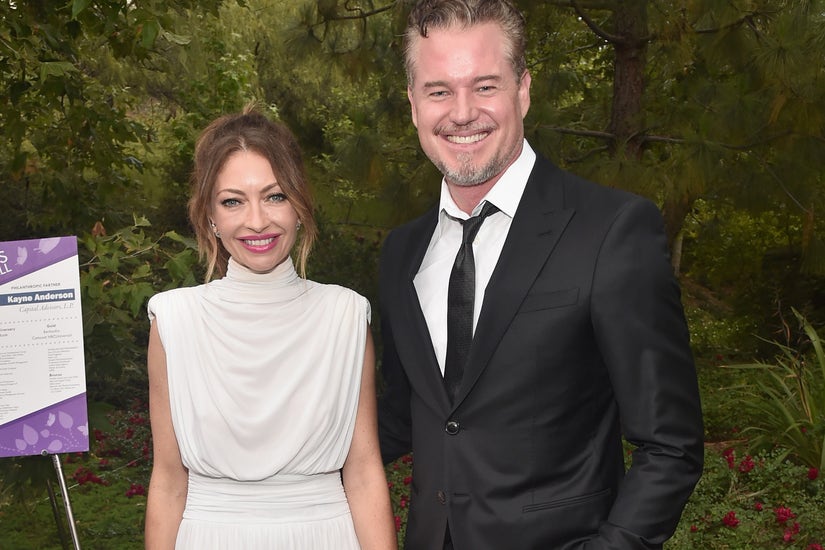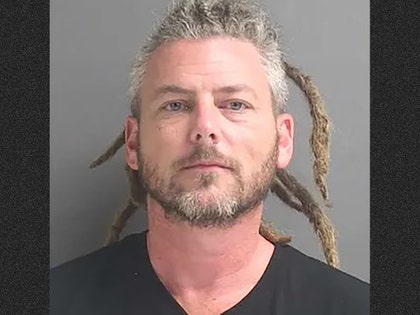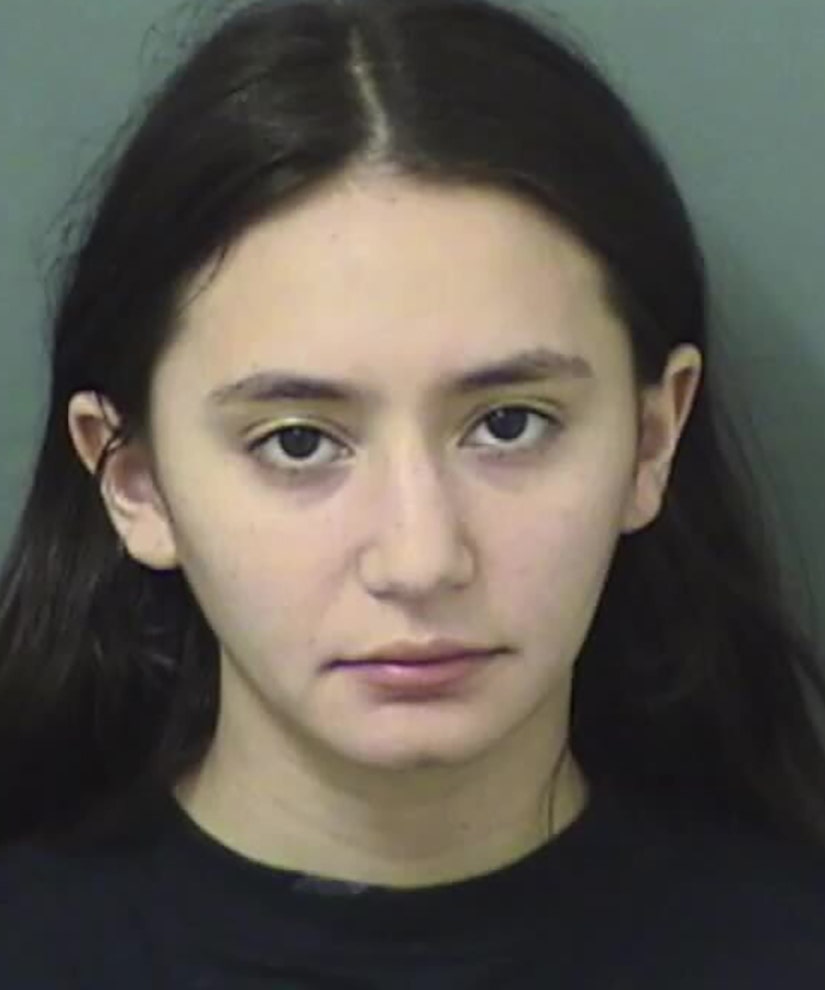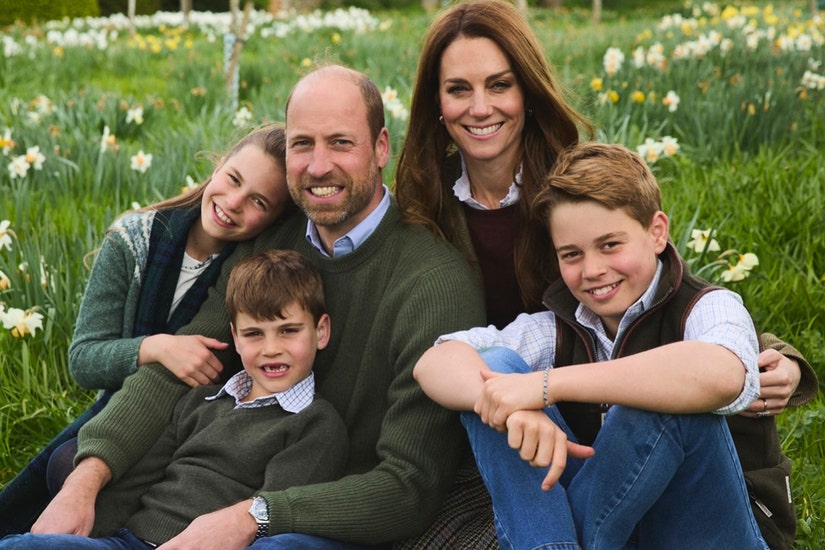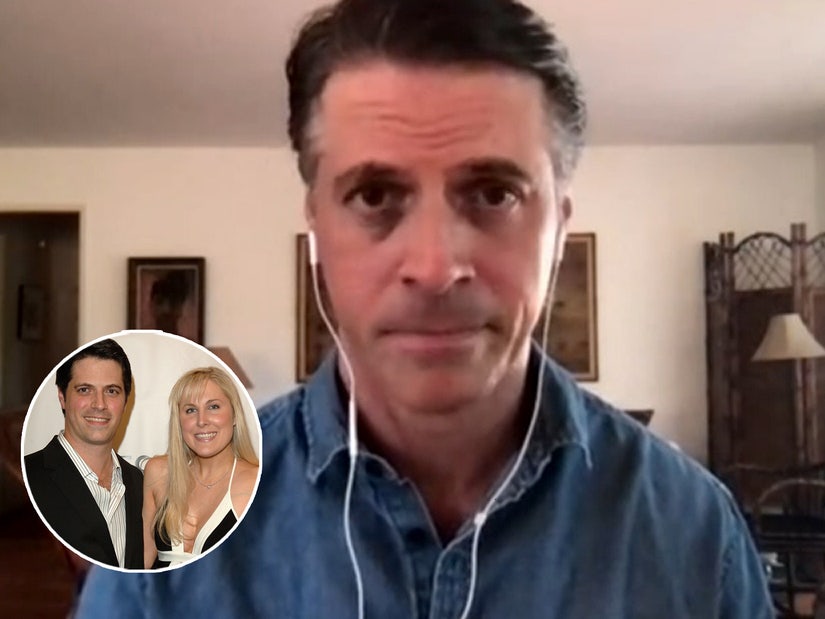 CNN/Getty
CNN/Getty
In a heartbreaking interview, Nick Guthe said he begged wife Heidi Ferrer to "just hang on."
Heidi Ferrer was among the first in a "tsunami" of suicides long-haul Covid will bring on, her devastated husband has warned.
The 50-year-old Dawson's Creek writer tragically died by suicide on May 26, having suffered increasingly debilitating symptoms of the little-understood disease for more than a year, until she could finally take no more.
In a heartbreaking interview with CNN on Wednesday, her film director husband of 20 years, Nick Guthe, described her doomed battle, revealing he begged her to "just hang on" in her final days.
 Getty
Getty
Amanda Kloots Claims She Was 'Not a Good Wife' to Late Husband Nick Cordero
View Story"It started with excruciating, unexplained pain in her feet that we first thought was plantar fasciitis, and turned out to be the equivalent of diabetic nerve pain — although she wasn't a diabetic," he recalled, "which made her bed-ridden by last June."
This was followed by incredibly difficult digestive issues for months, body aches, and a racing heart rate that would see her heartbeat jump from 80 to 115 bpm just by getting out of bed to walk.
In her final month, she developed "very scary" neurological tremors that completely disrupted her nights, allowing her to only sleep for an hour at a time.
She initially tested negative for Covid. Doctors could not explain it, offering several theories, none of which seemed to fit. It wasn't until months later that more advanced testing finally referred her to the long-haul Covid clinic at Cedars-Sinai.
"The letter for a referral, ironically, arrived the day before she took her life," he said. "That's how hard it is to get people to pay attention to people with long-haul Covid, if they didn't get a positive test in the first eight weeks."
Heidi documented her battle in her blog; in January she even optimistically posted that she felt she was slowly but surely getting better.
"She was improving," Guthe said, which led to her decision to get the Moderna vaccine on March 8 — a decision he believes was a fatal one.
"A lot of long-haulers felt [it] could improve their symptoms. In her case it had just the opposite effect."
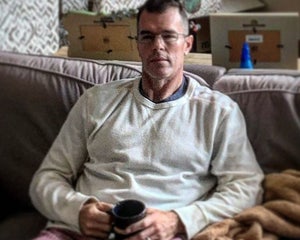 Instagram
Instagram
Ryan Sutter Reveals the Mystery Disease He's Been Battling for a Year, Finally Has Answers
View StoryHe stressed that he was 100 percent pro-vaccine — both he and their son are vaccinated.
"But in her case it set her back to where she was last July, and also led to the neurological tremors that were very scary, almost like Parkinsonian tremors that kept her up late at night, and made sleeping impossible," he said.
In her final month, he said she was hit by an intense brain fog that made reading — her most beloved past time — impossible.
"It made even reading a book almost impossible to retain information... she loved to read, had 500 books on her Kindle... I think that almost was the final straw for her when she couldn't even enjoy a book."
His voice cracking, he said she never told him she was contemplating suicide.
"She had indicated that if things got really bad she didn't know how she could continue, she didn't know how she could keep going... and I just kept saying, you know, 'Just hang on, you know, hang on, medical science is moving at the quickest rate it ever has,'" Guthe said. "We got a vaccine in a year."
"But I think she just felt that she was only going to diminish, she was going to lose the ability to walk, end up in a wheelchair, not be able to bathe herself," he said.
"Based on the the videos she left for us, she indicated she wanted to go out while she still had some, I don't know... dignity I guess?" he said, finally breaking into tears. "It's the best way I can explain it. I did ask her to hang on."
 Getty
Getty
Pink Says She Rewrote Her Will During Battle with Covid-19
View StoryHis message to other long-haul Covid sufferers was the same: Hang on.
"I believe that help is on the way. But we need our government to step in now and fund research right away, and provide mental health support services for people like her."
He said he was in contact with one of his late wife's friends from her support group, who told him that 15 people had messaged her in a 24 hour period, "to say they were thinking about taking the same route Heidi took."
"And that's just another person with Covid who has to act like a de facto suicide counsellor. And as she said to me 'I'm not trained to do it.' She's battling herself. Washington government needs to step in now."
He warned: If 3 million people have long-haul Covid, and one in ten are contemplating suicide, "There's a tsunami coming. And my wife was one of the first, unfortunately and there probably will be more. We need to pay attention."
He also cautioned of an economic collapse, as there are nurses, firemen, first responders and essential workers who are going to be bed-ridden or too exhausted to return to work as the country demands it.
"As my wife said to me many times: I don't know what I would do if I was a single mother. I don't know how I would function."
"I as the husband, I had to pick up all the slack of cooking, cleaning shopping — and I was happy to do it," he said. "I said to her every day: 'You on the couch is enough for us. You on the couch. Just hang on."
"And I wish that the medical community would have taken long-haul Covid more seriously early on, and maybe the therapeutics would have been here, and maybe she would still be here."
If you or someone you know is struggling with depression or has had thoughts of harming themselves or taking their own life, get help. The National Suicide Prevention Lifeline (1-800-273-8255) provides 24/7, free, confidential support for people in distress.
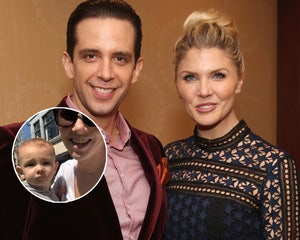 Getty/Instagram
Getty/Instagram













